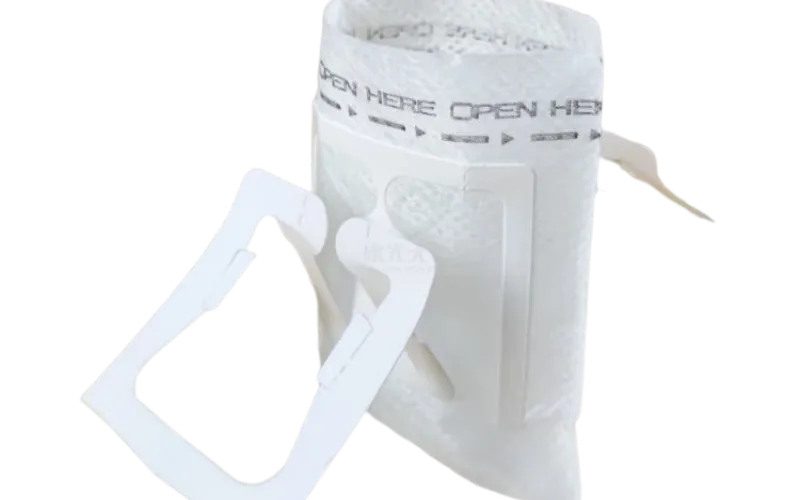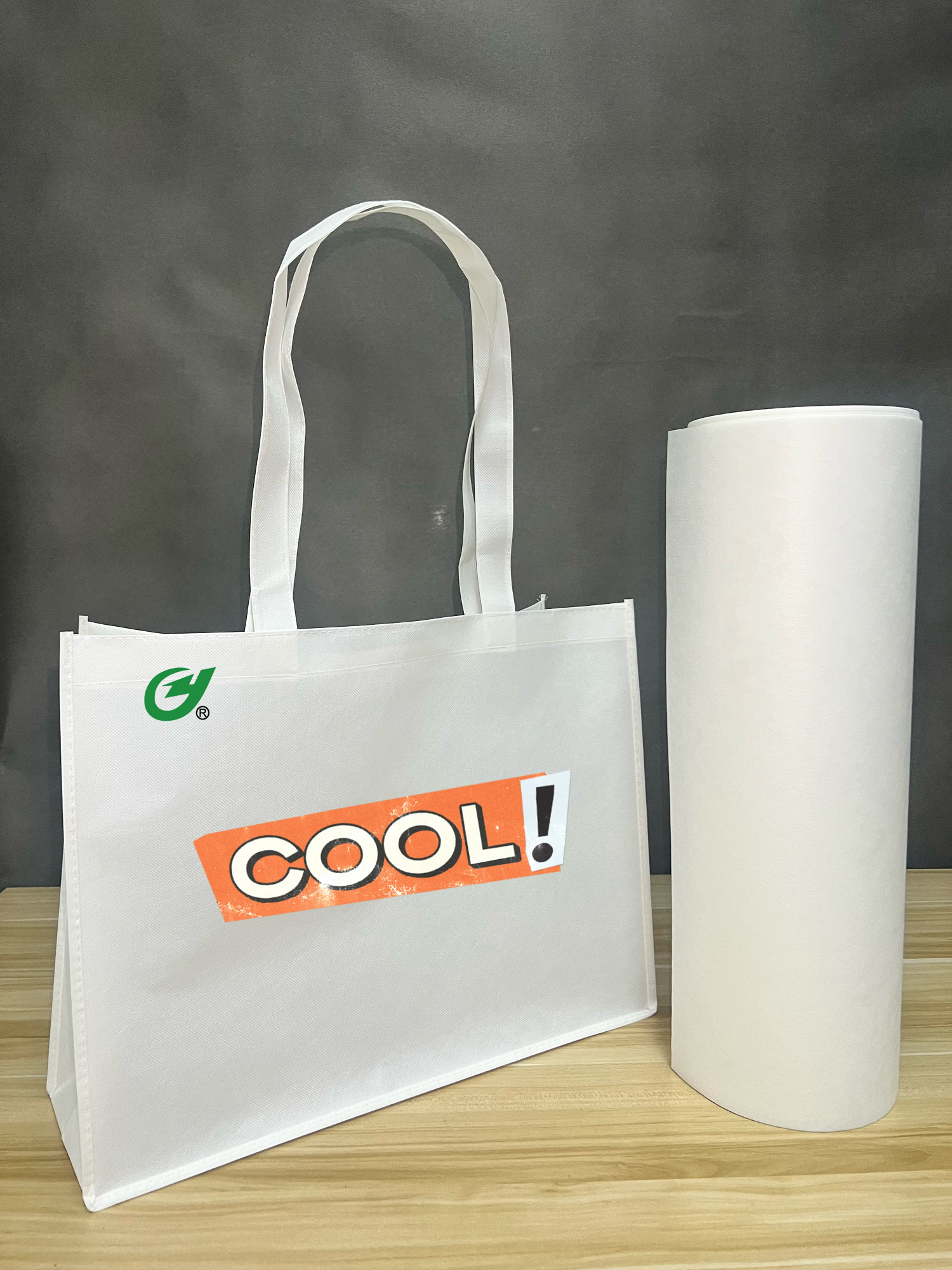The advantages of PLA thermal bonded fabric
2024-10-23
Sustainability has become a crucial aspect of the fashion and textile industry. With the increasing demand for eco-friendly materials, PLA (polylactic acid) thermal bonded fabric has emerged as a promising alternative to traditional petroleum-based fabrics. PLA is a biodegradable and compostable polymer made from renewable resources such as corn starch or sugarcane. PLA thermal bonded fabric is a sustainable, high-performance textile that offers numerous advantages over traditional fabrics, including durability, moisture-wicking, and breathability.
Durability
PLA thermal bonded fabric is a highly durable material that can withstand the rigours of everyday use. Unlike synthetic fabrics, which are prone to pilling and snagging, PLA thermal bonded fabric does not break down easily. The polymer structure of PLA provides a strong, yet flexible material that can hold up to the wear and tear of daily use.
Moisture-wicking
PLA thermal bonded fabric is also a highly effective moisture-wicking material. It can draw moisture away from the skin, keeping the wearer cool and dry even in hot and humid conditions. This makes it an ideal choice for activewear and other performance garments.
Breathability
Breathability is another key advantage of PLA thermal bonded fabric. Its unique structure allows air to circulate and flow freely through the fabric. This, coupled with its moisture-wicking properties, makes it an excellent choice for clothing items that are worn close to the skin, such as underwear and sportswear.
Sustainability
One of the most significant advantages of PLA thermal bonded fabric is its sustainability. As mentioned earlier, PLA is derived from renewable resources, making it an eco-friendly alternative to traditional petroleum-based fabrics. Additionally, PLA is biodegradable, meaning that it can break down naturally in the environment, reducing the amount of waste generated from textile production.
In conclusion, PLA thermal bonded fabric is the future of the sustainable textile industry. Its superior durability, moisture-wicking, and breathability make it an excellent choice for use in a variety of clothing items, including sportswear, underwear, and other performance garments. Its eco-friendliness and biodegradability also make it an attractive alternative to traditional petroleum-based fabrics, which can have a significant impact on the environment. As consumers become more environmentally conscious, it is essential that the fashion and textile industry continues to explore and adopt sustainable fabrics such as PLA thermal bonded fabric.


























